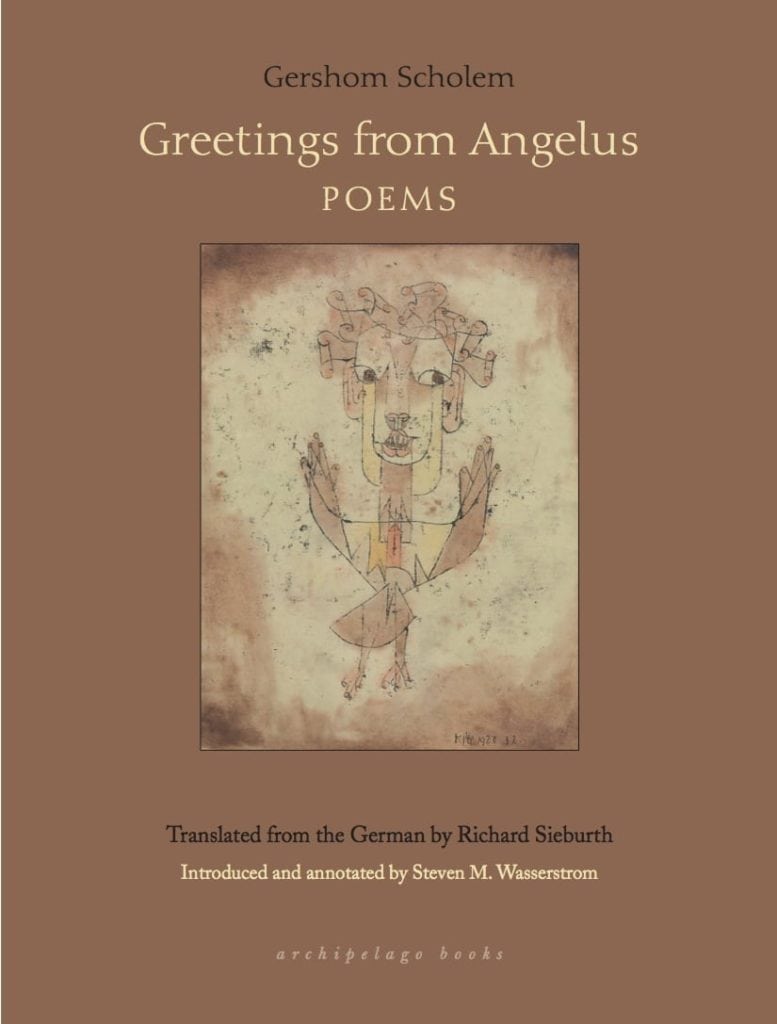Praise
Joseph Roth was a permanent novelist. His Job was a worthy precursor of that masterpiece [The Radetzky March] . . . [Job is] both immensely sorrowful and finally strangely hopeful.
The totality of Joseph Roth's work is no less than a tragédie humaine achieved in the techniques of modern fiction.
Job is perfect. . . . a novel as lyric poem.
This life of an everyday man moves us as if someone had written of our lives, our longings, our struggles. Roth’s language has the discipline and rigor of German Classicism. A great and harrowing book that no one can resist.
Job is more than a novel and legend, it is a pure, perfect poetic work, which is destined to outlast everything that we, his contemporaries, have created and written. In unity of construction, in depth of feeling, in purity, in the musicality of the language, it can scarcely be surpassed.
This sensitivity gives us a novel that is both mythical in its reach and surprisingly personal in its depth.
Roth pushes the story relentlessly, sweetly forward, if only in the hope that there must be something to hope for. The result is a beautifully written, and in the end uplifting, parable for an era of upheaval.
Joseph Roth’s Job proposes a 20th century version of the Biblical parable of loss and restoration, and Ross Benjamin’s graceful new translation of this 80-year-old work makes an excellent reason to revisit it.
Extras
Listen to World Books editor Bill Marx speak to Ross Benjamin about the challenges of translating Roth here.


